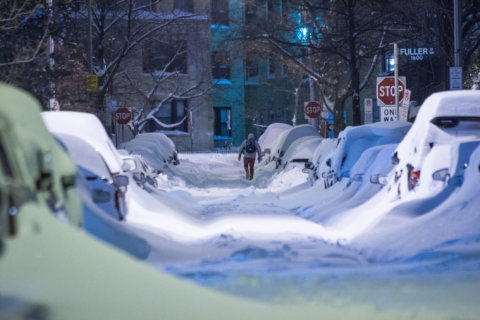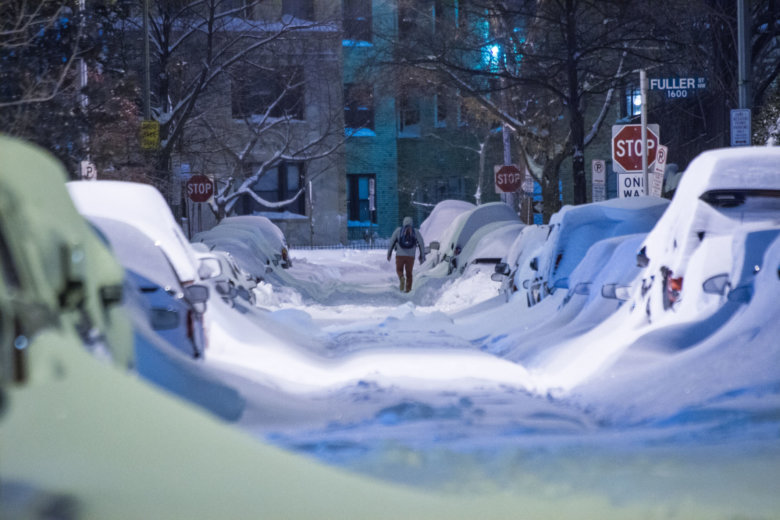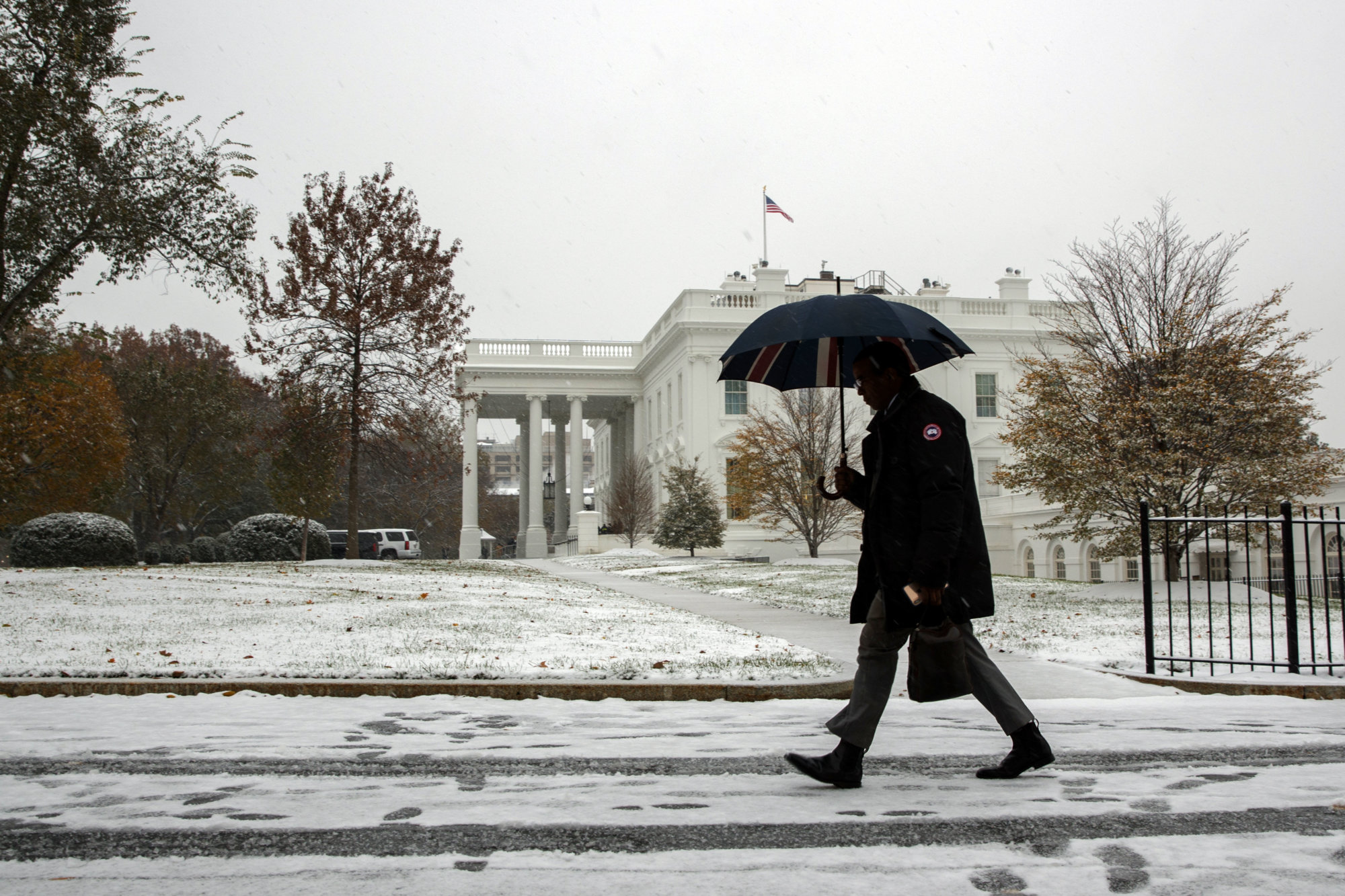
WASHINGTON — DC’s preparations for the upcoming winter go beyond making sure there’s enough salt on the roads and enough plows to clear them.
City leaders have also been busy making plans to help vulnerable residents, including the homeless, the elderly, and the disabled.
These plans could become especially important if this winter ends up bringing more snow than the city has gotten used to in recent years.
“We plan for additional shelter operations where we expand the beds available, so every single person who is willing to come inside can access a warm and safe place,” said Laura Zeilinger, director of the D.C. Department of Human Services.
With an early season storm already in the books, those plans have been put into action — and it’s not even winter yet.
“We have provided emergency shelter to 1,447 individuals across our region, and hypothermia beds,” said Zeilinger. “We’re also providing shelter to 570 families.”
D.C. is also asking its residents to be proactive in helping vulnerable people get to shelter during bouts of extreme cold. The city has a hypothermia hotline people can call if there’s a concern that someone might be outside when it’s especially cold. Call it directly at 202-399-7093, or by dialing DC’s 311 services.
“Any time there is … a hypothermia alert, or in the case of a cold weather alert, we ramp up our operations to get everybody inside,” Zeilinger said. She adds it never hurts to ask someone if they need help.
D.C. is also looking for volunteers to help get the elderly and disabled through the winter, when the weather makes things more difficult outside.
“Some people do not actually have relatives or loved ones they can depend on to assist them during this time,” said Ayris Scales, interim director at Serve D.C.
“There are opportunities to volunteer by helping shovel, and making sure that family members (and) residents can continue with their lives during this time,” said Scales.
Sign up to help the elderly and disabled this winter by going online to Serve D.C.’s website.
“We have a team that is ready to support you and pair you up with residents who also need assistance,” said Scales.








